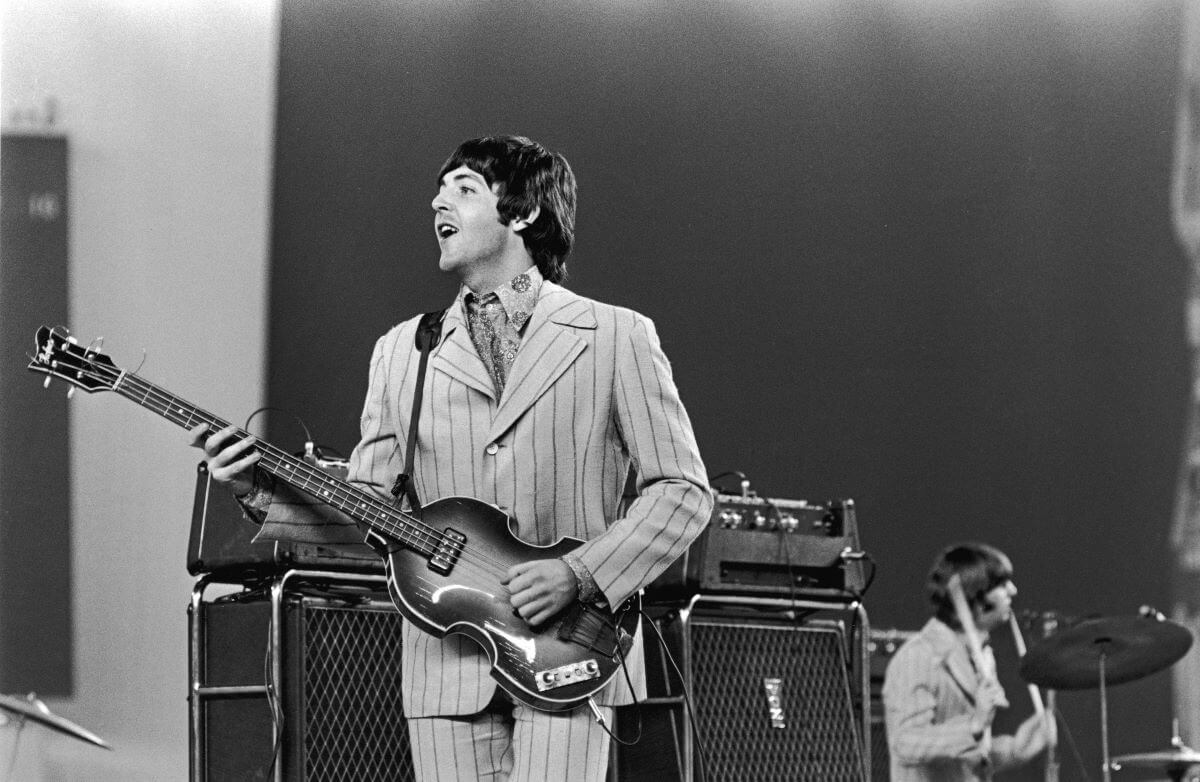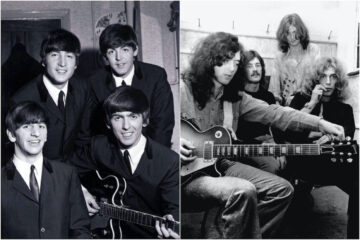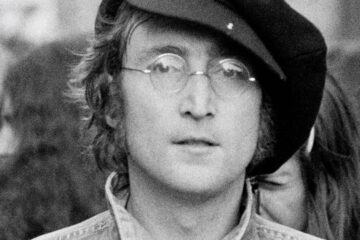The question of which of The Beatles’ songs Paul McCartney might have deemed a “complete tune” seems like it could have a million answers. Throughout their discography, the band had 20 number one singles, and as time has gone by, the number of beloved and recognised tracks has only risen. But which among the bustling crowd of hits is McCartney’s favourite?
During their time as a band, McCartney penned an incredible amount of songs. He wrote 90 tracks for the group, giving them the most hits as ten of his songs hit number one. Songs like ‘Blackbird’, ‘Let It Be’ and ‘Hey Jude’ are held up as some of their finest works, but McCartney’s top tune is a bit more left field.
His favourite comes from the 1969 White Album. ‘I Will’ is too often forgotten in the shadow of the songwriter’s other love ballads but is perhaps one of his sweetest little ditties. It’s a simple track but a hard-won one, as it took the band 67 takes to get it exactly right and months to finish.
He’d had the melody for a while, but no words ever came. Once they were out in India on a trip, a conversation with the musician Donovan inspired him to keep trying with it. “I was doing a song, ‘I Will’, that I had as a melody for quite a long time but I didn’t have any lyrics to it. I remember sitting around with Donovan, and maybe a couple of other people. We were just sitting around one evening after our day of meditation and I played him this one and he liked it and we were trying to write some words,” he recalled.
“We kicked around a few lyrics, something about the moon, but they weren’t very satisfactory, and I thought the melody was better than the words, so I didn’t use them,” he added. Learning the lesson that sometimes you’re best off just saying exactly what you want to say and cutting back on the metaphors or imagery, he decided to keep it simple. “I kept searching for better words and I wrote my own set in the end; very simple words, straight love-song words really. I think they’re quite effective.”
While the writing of the song was problematic, the recording process proved even harder. Despite being a relatively simple instrumental, the songwriter had a clear vision for it that he wanted to perfect. Across two days, the band did 67 takes of the song. Some of the off-cuts and improvisations for these sessions are scattered throughout the White album, such as the improvisation around the lines “Can you take me back where I came from” that plays between ‘Cry Baby Cry’ and ‘Revolution 9’.
But despite being a relatively simple song when listening to it today, it seemed that the band were determined to make it as hard as possible. While McCartney stayed in familiar territory as he played acoustic guitar and sang, for some reason, John Lennon fancied being the percussionist as he played maracas and hit wooden blocks, while Ringo Starr was relegated to just bongos and cymbals. George Harrison was nowhere to be seen as he dipped out of these sessions.
The hard work all paid off, though. Years on, the simple love song still stands out to McCartney as one of his favourites. Perhaps it’s because, unlike some of his other hits, ‘I Will’ didn’t come to him in a dream but took work for its hard-earned catchiness, or perhaps it’s simply the classic love lyrics that sit as a beautifully plain statement amidst a lyrically hectic record. Who knows. Either way, McCartney sees the song as a satisfying number that feels thoroughly and completely done.
“It’s still one of my favourite melodies that I’ve written,” he said. “You just occasionally get lucky with a melody and it becomes rather complete and I think this is one of them; quite a complete tune.”



